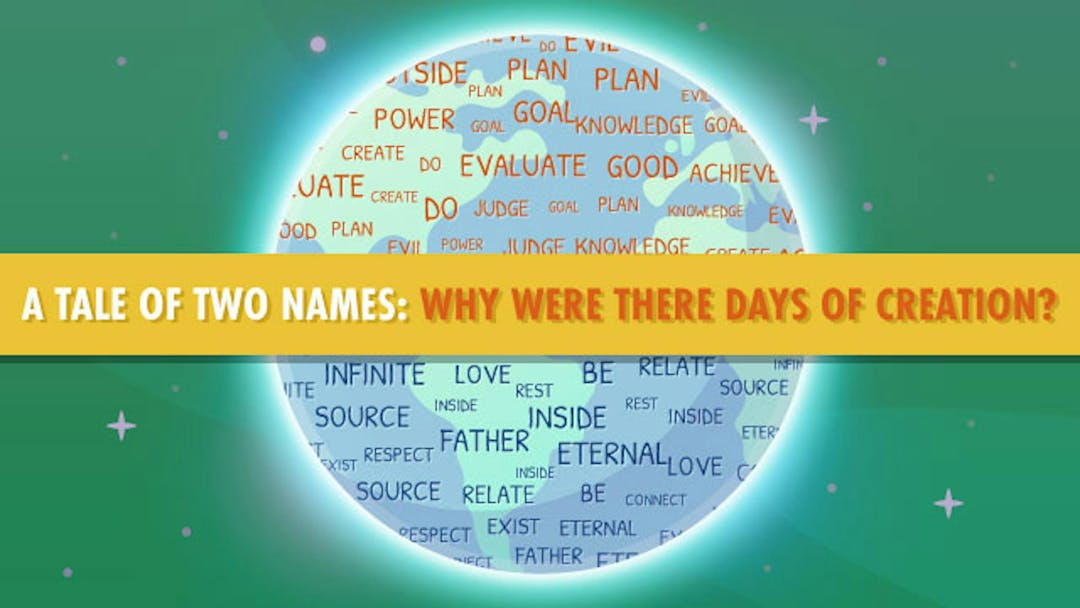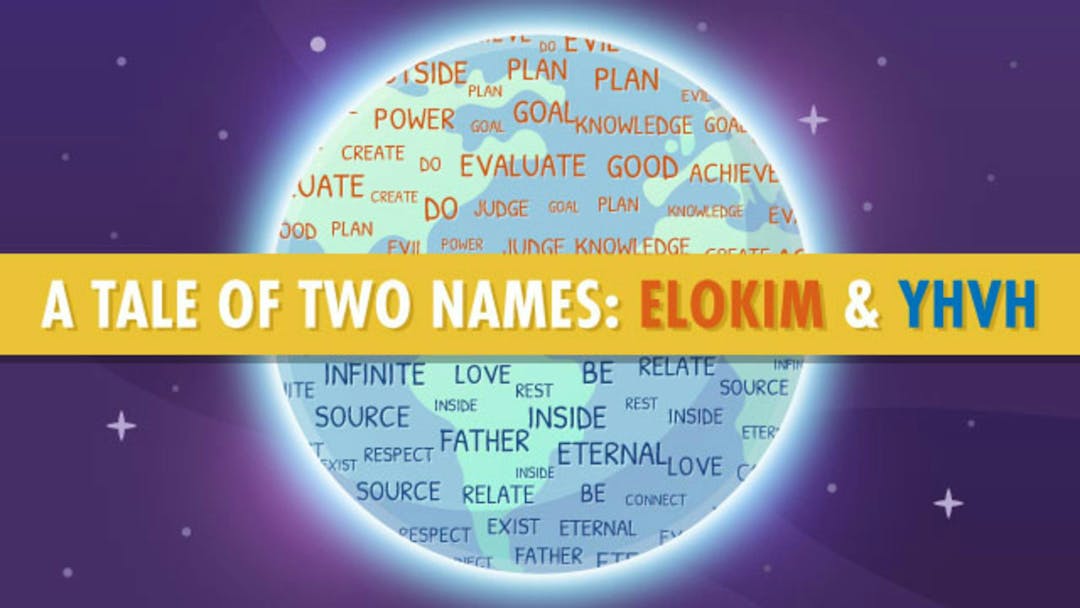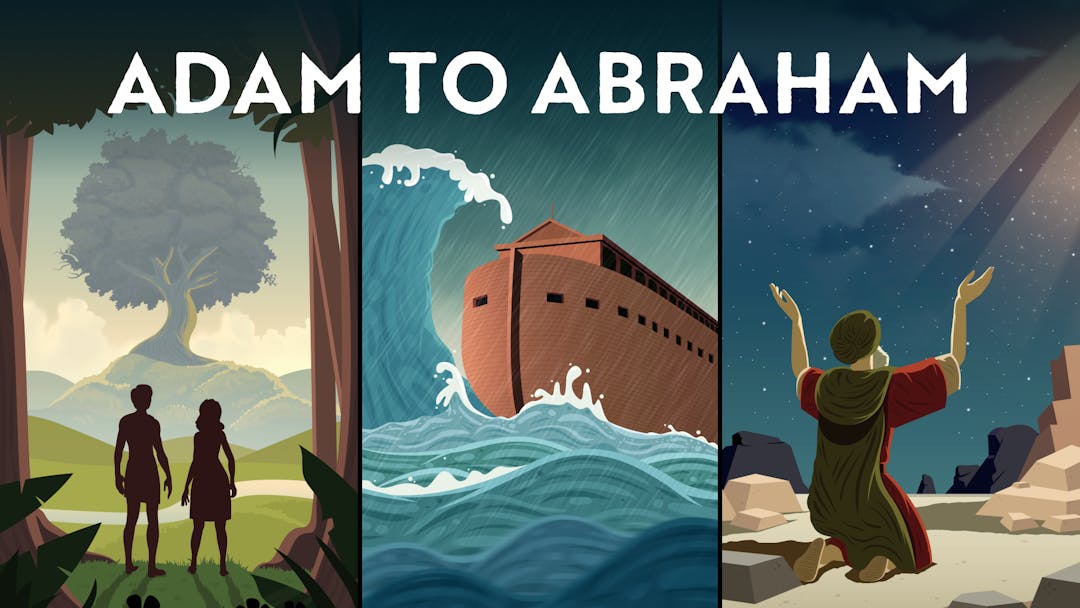Start your free trial today to unlock the full library and enjoy unlimited and uninterrupted access.
Get StartedA Tale of Two Names: From The Garden To The Flood - Week 1 (Part 1 of 8)
A Tale of Two Names: From The Garden To The Flood
In this webinar, Rabbi Fohrman looks back at his past theories on the Garden of Eden and the Tree of Knowledge of Good and Evil. He shares the evolution of his thought process since he initially came up with those theories, and brings new questions and ideas to light. Why did God put the tree in the Garden in the first place? What was so bad about Adam and Eve wanting to gain knowledge of Good and Evil?
The following lecture is based on an earlier lecture series given in 2001, The Tree of Life vs The Tree of Knowledge, which became the basis of Rabbi Fohrman's book, The Beast that Crouches at the Door. For a later, more expansive version of this course, be sure to listen to Genesis Unveiled.
This lecture is part 3 of a 3 part series. For the first two lecture series on A Tale of Two Names, be sure to listen to A Tale of Two Names: Elokim and YHVH. and A Tale of Two Names: Why Were There Days of Creation?
Want to watch the full video for free?
Enter your email and we’ll send you a link to watch the full series free.
What is Aleph Beta?
Aleph Beta is a unique kind of Torah library. Led by our founder, Rabbi David Fohrman, we are dedicated to high-level, textual Torah learning for adults that is intellectually and spiritually sophisticated, that enlivens your Jewish practice and helps you forge a deeper connection to God. Whether you’ve been learning in yeshiva for years or you’re just beginning your Torah journey, you’re sure to find something meaningful and surprising waiting for you here.
Browse our library of over 1,000 beautifully produced animated videos, podcasts, deep dive courses, and printable guides. Topics include the weekly parsha, Jewish holidays & fast days, laws & mitzvot, prayers, relationships, big philosophical ideas and more. Have something to say at the Shabbos table that will amaze your family and guests and bring deep meaning into their lives.











